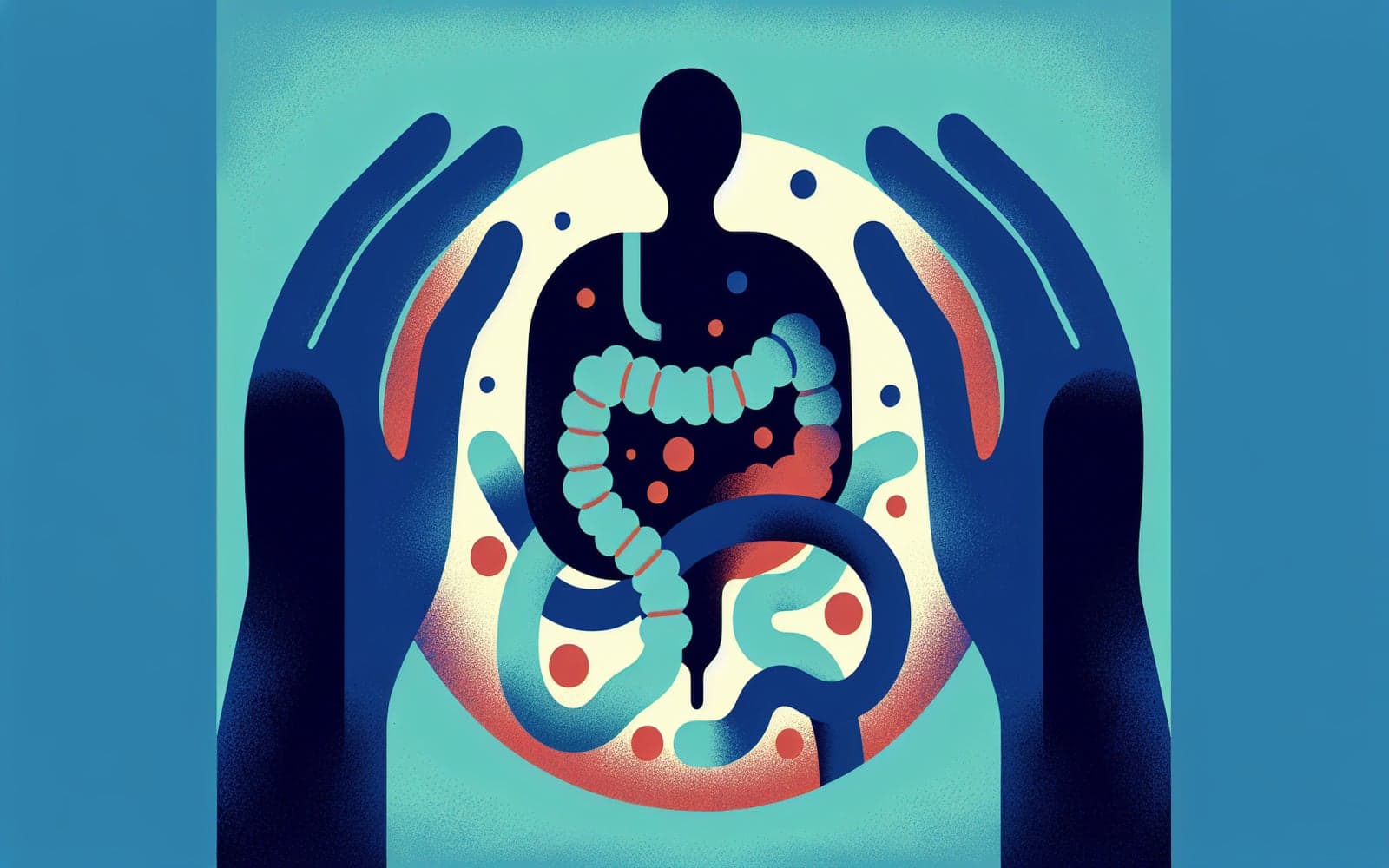Unraveling the Causes: What Leads to C. difficile Infection?
Published: Oct 21, 2023

Medically reviewed by Alan Lucks | MD, Alan Lucks MDPC Private Practice - New York on October 21st, 2023.
Clostridioides difficile infection (CDI) is a complex condition with various causes. Understanding these can help in preventing and managing the infection.
Contents
Antibiotics: The Primary Culprit
Antibiotics are essential for treating bacterial infections, but they can also disrupt the balance of good bacteria in your gut. This disruption allows C. difficile to flourish, leading to infection. Some antibiotics, like clindamycin and fluoroquinolones, have a higher risk of causing this imbalance.
Age and Hospital Stays: Compounding Factors
Older adults and those with recent hospital stays are more susceptible to CDI. Hospitals are environments where C. difficile can spread easily due to the use of broad-spectrum antibiotics and close contact between patients. Age-related changes in immunity further increase vulnerability.

Other Risk Factors
Use of proton pump inhibitors (PPIs) has been linked to CDI due to the reduction in stomach acid, which helps control bacteria. Additionally, a weak immune response to C. difficile toxins can increase the risk of infection.
Frequently Asked Questions
CDI is mainly caused by antibiotic use that disrupts gut bacteria.
Older adults and those recently hospitalized are most at risk.
Yes, PPIs can increase the risk of CDI.
Key Takeaways
Knowing the causes of CDI can lead to better prevention and management strategies.
Next steps: Discuss with Doctronic how to minimize your risk of CDI.Related Articles
References
Chitnis AS, et al. Epidemiology of community-associated Clostridium difficile infection, 2009 through 2011. JAMA Intern Med 2013; 173:1359.
Young G, McDonald M. Antibiotic-associated colitis: why do patients relapse? Gastroenterology 1986; 90:1098.
This article has been reviewed for accuracy by one of the licensed medical doctors working for Doctronic. Always discuss health information with your healthcare provider.

